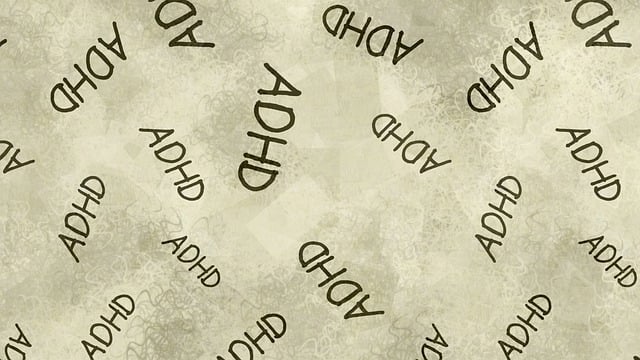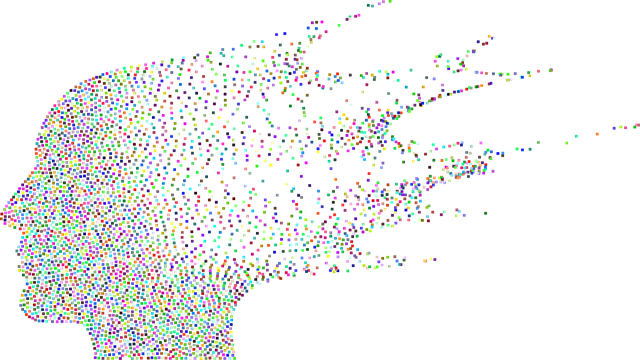Public awareness campaigns, led by organizations like Boulder International Adoptions Therapy (BIAT), play a crucial role in reshaping societal attitudes towards mental illness through compelling storytelling and accessible media. BIAT's innovative model combines individual therapy with group support, fostering cultural sensitivity and safe spaces to combat stigma. Effective campaigns for behavioral change require strategic targeting, evidence-based approaches, data insights, influencer engagement, and leveraging various communication channels, ultimately inspiring audiences to adopt new perspectives and drive positive mental health outcomes.
Public awareness campaigns play a pivotal role in shaping societal attitudes and behaviors, with potential to drive significant change. This article delves into the development of these powerful tools, exploring their role in promoting positive outcomes. We present a case study on the Boulder International Adoptions Therapy Model, showcasing its impact on adoption-related issues. Furthermore, we offer practical strategies for crafting effective campaigns that foster lasting behavioral shifts, emphasizing the value of evidence-based approaches like the Boulder model.
- Understanding Public Awareness Campaigns: Their Role and Impact
- The Boulder International Adoptions Therapy Model: A Case Study
- Crafting Effective Campaign Strategies for Lasting Change
Understanding Public Awareness Campaigns: Their Role and Impact

Public awareness campaigns play a pivotal role in shaping societal perceptions and behaviors, especially when addressing sensitive topics like mental illness. These initiatives, often centered around specific themes or events, aim to educate the public, dispel myths, and foster empathy. For instance, organizations like Boulder International Adoptions Therapy leverage these campaigns to initiate conversations about mental health, particularly during Mental Illness Stigma Reduction Efforts. By employing compelling storytelling and accessible media, they encourage individuals to embrace resilience-building strategies rooted in Mind Over Matter principles.
Through creative messaging and targeted outreach, awareness campaigns can effectively challenge societal norms and promote understanding. This is crucial for creating an environment where people feel supported and encouraged to seek help without fear of judgment. By continually adapting these initiatives to reflect contemporary needs, communities can foster a more inclusive and compassionate society, ultimately improving the well-being of its members.
The Boulder International Adoptions Therapy Model: A Case Study

The Boulder International Adoptions Therapy (BIAT) Model is a compelling case study showcasing how innovative practices can transform mental healthcare. This therapeutic approach, rooted in compassion cultivation, emphasizes cultural sensitivity in mental healthcare practice. By creating safe and supportive environments, BIAT aims to foster understanding and reduce stigma associated with mental illness.
The model’s success lies in its holistic nature, combining individual therapy with group sessions that encourage peer support. These practices not only enhance coping mechanisms but also build resilience against societal pressures, particularly those stemming from cultural norms and stereotypes. This case study underscores the importance of Mental Illness Stigma Reduction Efforts, demonstrating how tailored interventions can lead to positive outcomes for individuals navigating mental health challenges in diverse cultural contexts.
Crafting Effective Campaign Strategies for Lasting Change

Creating impactful public awareness campaigns requires a strategic approach to drive lasting behavioral changes. At the heart of this process lies understanding the target audience and their unique challenges, such as those seeking mental health awareness through adopting therapy practices like Boulder International Adoptions Therapy. By employing evidence-based methods and leveraging various communication channels, campaign developers can effectively dispel myths and educate the public about the benefits of inner strength development and resilience building.
A successful strategy should incorporate data-driven insights, engage influencers and community leaders to amplify messages, and utilize compelling storytelling techniques. These elements work together to foster a deeper connection with audiences, encouraging them to embrace new perspectives and take action towards positive changes in their lives.
Public awareness campaigns, as demonstrated by the Boulder International Adoptions Therapy (BIAT) model, play a pivotal role in fostering societal change. By understanding their impact and employing effective strategies, we can create lasting positive shifts. The BIAT case study highlights successful campaign elements such as community engagement, clear messaging, and data-driven approaches. Building on these principles, future initiatives should focus on tailoring messages for diverse audiences, leveraging digital platforms, and continually evaluating outcomes to ensure maximum reach and impact. Through innovative public awareness campaigns, we can address pressing global issues and drive meaningful, lasting change.














